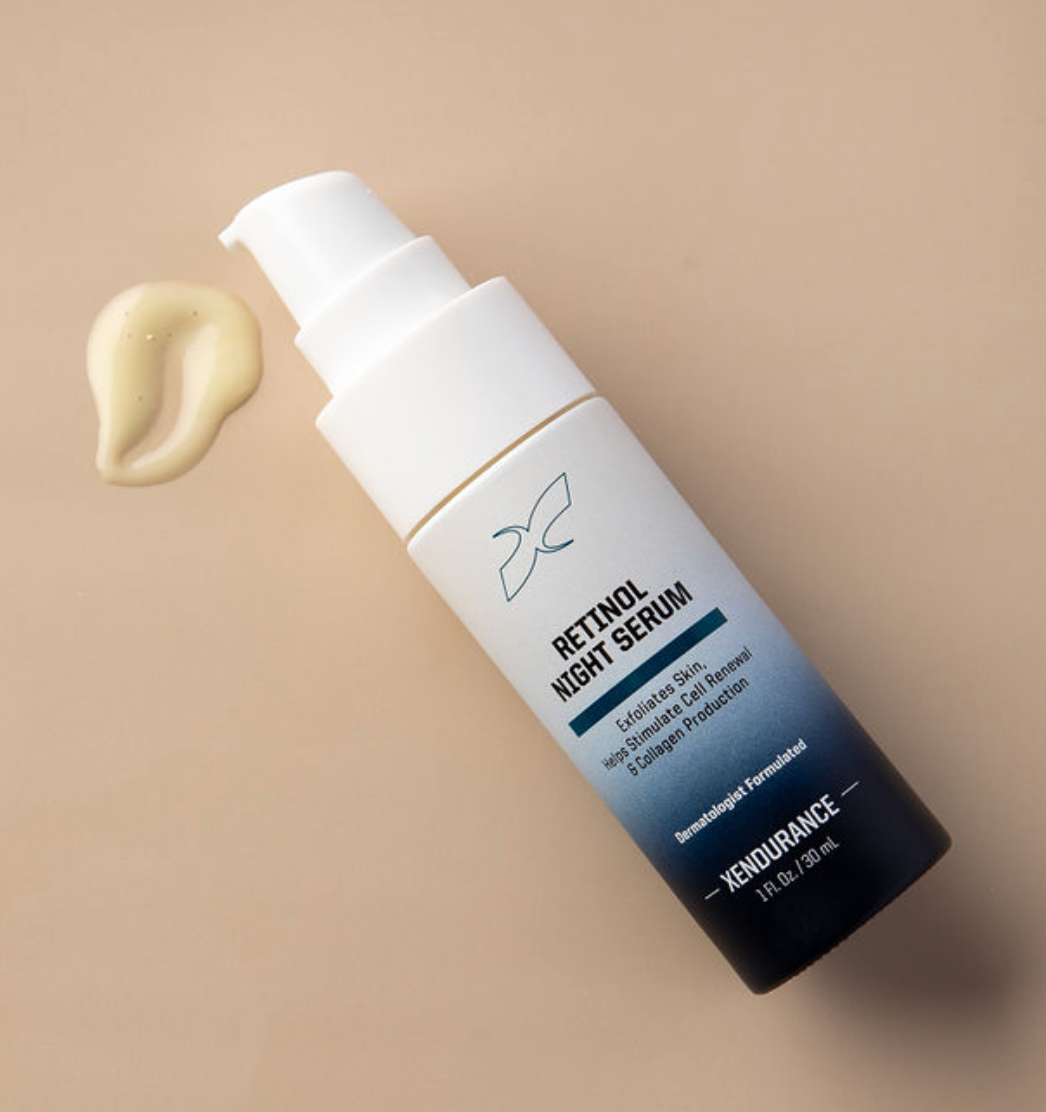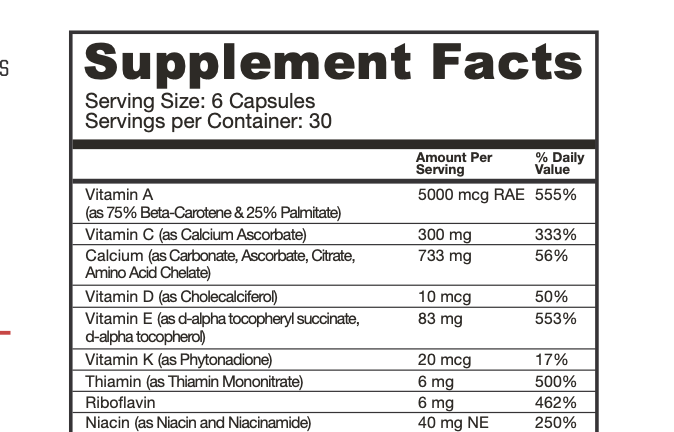Do you want to know how to use retinol for skin benefits? Touted as one of the best skincare ingredients, the benefits of retinol include reducing the appearance of fine lines and wrinkles, brightening dark spots and your overall complexion, controlling oil, and reducing acne breakouts.
The secret behind all these retinol skin benefits is retinol’s ability to help stimulate cell turnover and improve collagen production. But with great power comes great responsibility. To experience all these wonderful retinol benefits for skin, you must know how to use retinol properly — especially for first-time users.
Here’s what you need to know about using retinol to maximize its retinol skin benefits.
Learn How to Use Retinol for Skin Benefits
If you want to maximize the retinol benefits for skin, we recommend the following steps:
- Apply retinol serum to a clean face. Thoroughly cleanse your face to
2. Wait for your face to dry.
After cleansing, wait about 10 to 20 minutes for your face to dry.
Applying retinol serum on damp skin can interfere with the absorption of the retinol serum. Not only that but mixing retinol with water can also increase the chances of side effects such as dryness and irritation. Many report a burning sensation when applying retinol on damp skin.
3. Apply 2 to 3 drops of retinol serum.
You only need a pea-sized amount of retinol serum to cover your entire face. Putting on too much can irritate your skin. There’s also a chance that excess serum can spread to sensitive areas such as your eyes and lips.
Gently pat the retinol serum onto your face. You may want to start on your forehead and go down to your nose, cheeks, and chin.
Don’t forget to apply retinol serum on your neck and decolletage, as these areas show signs of aging more than other body parts.
4. Apply moisturizer to the skin.
Since retinol can cause dryness, flaking, and redness, we recommend applying moisturizer immediately. You may want to use a heavy cream to provide the hydration your skin needs as it acclimatizes to retinol.
Choose a moisturizer with hydrating ingredients (hyaluronic acid and ceramides) and soothing ingredients (niacinamide and colloidal oatmeal).
5. Apply sunscreen in the morning.
As retinol promotes continuous cell turnover, your skin can become thin and photosensitive. Using retinol also increases the severity of potential sun damage. That’s why sunscreen is a must if you plan to use retinol.
Ensure that your sunscreen is at least SPF 30 or higher to ensure proper protection from the sun’s harmful UV rays.
We do not recommend retinol for those who spend a lot of time outdoors. Even if you wear sunscreen diligently, retinol breaks down when exposed to sunlight, so it may not be as effective or potent.

Additional Tips on How to Use Retinol
We have additional recommendations to help you maximize retinol's skin benefits. In addition, because our skin is different, we included some adjustments you can make when using retinol serum.
Gradual and Slow Introduction
We recommend a gradual and slow introduction when using retinol for the first time. If you use retinol too frequently or use a high concentration, you increase the risk of potential side effects.
Experts recommend following the 1-2-3 Retinol Rule, where you use retinol once during the first week, followed by twice a week for two weeks, and then three times a week for three weeks.
You can build up to nightly use as your skin acclimatizes to retinol. One sign that your skin can tolerate retinol is if the side effects have lessened or disappeared.
Regarding concentration, 0.01 to 0.3% is an excellent place to start. It is low enough that it won’t cause significant redness or irritation, but the concentration is also just enough to bring about the skin benefits that you desire.
Avoid Acids
As skincare enthusiasts, you likely have many products incorporated into your daily routine. However, when introducing retinol, we recommend not mixing it with products with AHAs and BHAs.
Acids work by exfoliating the skin to improve texture and fade dark spots. The exfoliating aspect can lead to skin sensitivity, redness, and irritation. As such, mixing these acids with retinol can further exacerbate the side effects.
One workaround is to alternate your use of acids and retinol so that you don’t use them on the same night.
If you find that your skin can already tolerate both acids and retinol, make sure that the products are fully absorbed to avoid reducing the potency or effectiveness of retinol.
Retinol for Dry Skin
Retinol is suitable for most skin types. However, many people with dry skin are hesitant to try retinol because it can cause further dryness or flaking.
One adjustment you can make is to also put on moisturizer before applying retinol serum. You can also apply multiple layers of moisturizer after the retinol serum. This application technique is also referred to as a retinol sandwich.
Applying moisturizer beforehand will not have a significant impact on the absorption of retinol. But even if there is some dilution, you may still have better outcomes compared to the risk of dryness, flaking, or irritation.
Some Side Effects Are Inevitable
When you introduce retinol for the first time, you should expect to experience some side effects.
Most people may experience skin purging — which can appear as clogged pores and acne breakouts. When cells start to turn over, all the dirt, oil, and debris trapped under your skin come up to the surface. Some people experience retinol drying, where the skin becomes extremely dry and flaky.
These side effects can last from a few days to several weeks. Don’t worry, though. Things will get worse before they can become better.
It will be worth it as your skin becomes used to retinol. The side effects will go away, and you can start experiencing the skin benefits of retinol.
Frequently Asked Questions
What Retinol Percentage Is Right For You?
The correct retinol percentage will depend on your skin type and how long you have been using retinol. However, we believe that the sweet spot is 0.3% — especially for first-time users.
A 0.3% concentration effectively brings about retinol's skin benefits. However, the concentration is low enough to minimize the potential side effects and discomfort of using retinol.
Studies have found that long-term use of low-concentration retinol can be just as effective because it causes less irritation and other side effects.
Is Retinol Good For Skin Everyday?
Retinol is suitable for everyday use — as long as your skin has already acclimatized and can tolerate it. Make sure to follow the proper steps and recommendations for applying retinol serum to minimize the side effects and maximize the skin benefits.
How Long Should I Leave Retinol On My Face?
It will take about 10 to 20 minutes before your face can absorb the retinol serum fully. Avoid applying anything within that time to ensure the best results and avoid making your skin sensitive or irritated.
Introducing Retinol Night Serum From SKIN By XND
Leveraging over 30 years of clinical experience, SKIN by XND introduces the Retinol Night Serum. Our goal was to develop a formulation you can trust to bring about the many skin benefits of retinol.
SKIN by XND carries the Xendurance philosophy into all our skincare products. We believe in providing products with quality ingredients and effective formulas so that you can enhance your overall skin health.
The Retinol Night Serum has 0.3% retinol to stimulate cell renewal and collagen production. This helps minimize the appearance of fine lines and wrinkles, fade dark spots and discolorations, and minimize sebum production and acne breakouts.
Our formula is also enriched with Baobab Oil, which is rich in antioxidants that hydrate and revitalize your skin. In addition, Vitamin C helps enhance retinol's brightening and rejuvenating effect. Vitamin E also helps reduce free radical damage that can bring about aging.
This night serum is free of harmful ingredients such as parabens, sulfates, and phthalates. It’s gluten-free, cruelty-free, and clean beauty approved!
Such a powerful ingredient in a small bottle, indeed.









Leave a comment
This site is protected by hCaptcha and the hCaptcha Privacy Policy and Terms of Service apply.